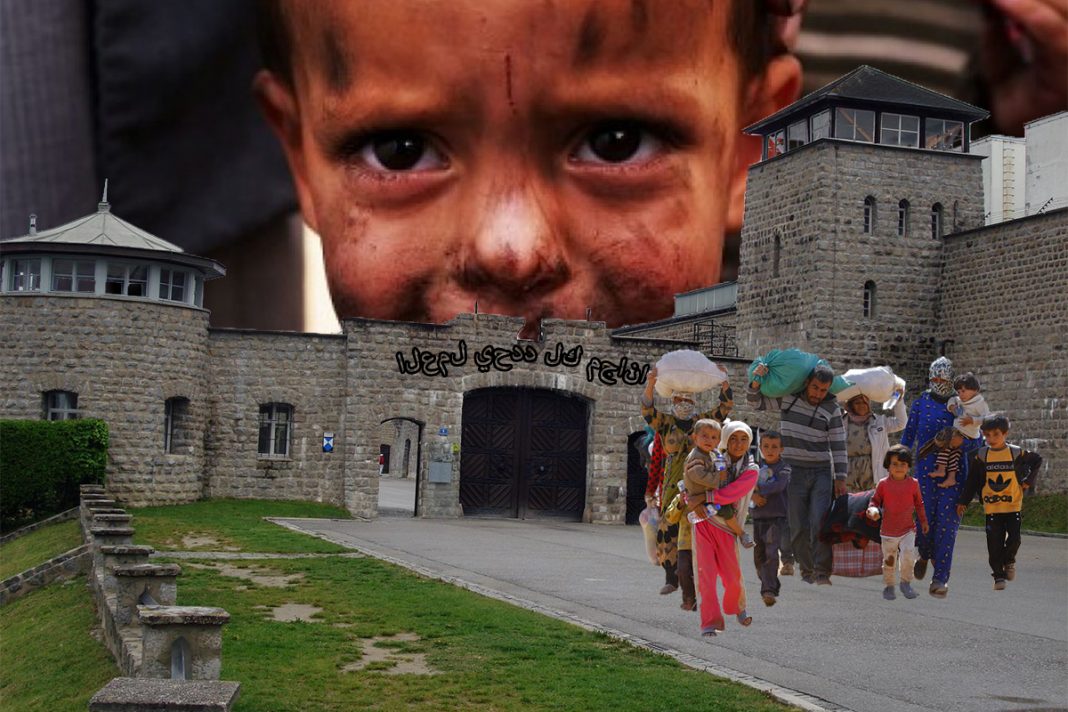
Budapest, Hungary — In a unilateral move without the approval of other European Union countries, Hungary and Austria have taken proactive measures to open “Paradise” work camps for Syrian and other migrant refugees. Given the sheer size and scope of the humanitarian crisis, both countries, which are feeling the brunt of massive migration from the war-torn Middle East and beyond, took these drastic measures in a last-ditch effort to “fix the Muslim problem.”
“I wish we could take credit for this brilliant idea, but it was the German government that came to us with it,” said Hungarian Integration and Foreign Affairs Minister Sebastian Kurz. “It didn’t take much convincing because it made so much sense. Both countries already possess a significant camp infrastructures. They are just sitting there, doing nothing other than being odd tourist destinations.”
According to government officials in both countries, with some effort these abandoned camp grounds could be converted into “turmoil to paradise” work camps for refugees.
“Work is important for self-worth,” continued Minister Kurz. “And who needs more self-worth than a migrant who’s lost everything? And there’s a pragmatic element to this. We’ll be able to sort out those who actually want to contribute to our EU countries, and those who are just here for a free ride or explode bombs.”
With work camp names such German-like names as Mauthausen-Gusen and middle-eastern sounding ones such as Arad and GyÅ‘r, planners in both countries hope that migrants will accept these camps as a gesture of mercy and work their way into Europe instead of just arriving unannounced and stealing valuable jobs. The new program has even adopted the following Arabic phrase that will be hung on the entrance of each transition work facility: العمل ÙŠØدد لك مجانا.
“We certainly hope we can get the backing from the rest of the EU nations on this proposal,” said Austrian Minister of European & International Affairs Michael Spindelegger in a The Fazzler telephone interview. “It seems like the most efficient thing to do for all the EU countries involved, but also for the migrants.”






